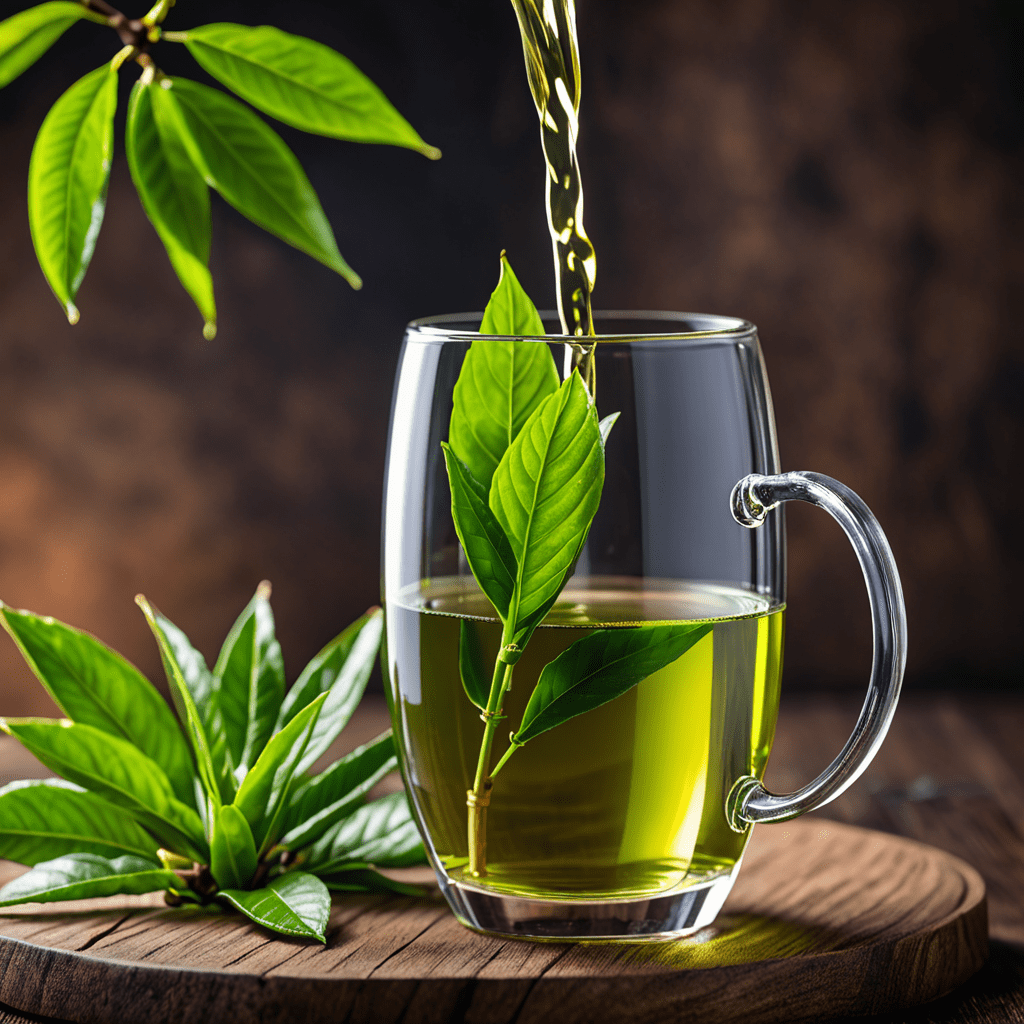Assam Tea: The Magic in the Leaves
Introduction
Assam tea, a beloved beverage renowned for its robust flavor and invigorating aroma, originates from the lush tea gardens of Assam, a state in northeastern India. Known for its rich amber color and malty notes, Assam tea captivates tea enthusiasts worldwide. This article explores the captivating journey of Assam tea, from its historical roots to its unique characteristics, cultivation practices, and global appeal.
History and Origins of Assam Tea
The origins of Assam tea can be traced back to the 1820s when British explorers discovered indigenous tea plants thriving in the region. Recognizing the potential of these plants, the British established tea plantations in Assam, transforming the state into a major tea-producing hub. Over the years, Assam tea gained immense popularity both in India and abroad, becoming a symbol of the region's rich tea heritage.
Unique Characteristics of Assam Tea
Assam tea stands out from other teas due to its unique flavor profile. The large-leafed Assamica tea plant imparts a robust and malty flavor to the brew, making it a favorite among tea drinkers who prefer a strong and full-bodied cup of tea. Assam tea also boasts a rich amber color, a result of the higher oxidation levels during processing, giving it a distinctive appearance and a slightly sweet aftertaste.
Cultivation Practices
The cultivation of Assam tea requires specific climate and soil conditions to thrive. The Brahmaputra Valley in Assam, with its warm and humid climate, abundant rainfall, and fertile soil, provides an ideal environment for tea plants to flourish. The tea gardens in Assam are meticulously managed, employing traditional and modern techniques to ensure optimal growth and quality of the tea leaves.
VI. Health Benefits and Medicinal Properties
Assam tea is not only a delicious beverage but also a potential source of health benefits. The tea leaves are rich in antioxidants, particularly polyphenols, which have been linked to a range of positive effects on human health. These antioxidants can help protect against oxidative stress, which is associated with chronic diseases such as cancer and heart disease. Assam tea has also been found to have anti-inflammatory and anti-aging properties.
VII. Types and Grades of Assam Tea
Assam tea is primarily produced as black tea, which undergoes a full fermentation process that gives it its characteristic robust flavor and dark color. However, green tea, produced from the same plant but processed differently to prevent oxidation, is also gaining popularity. Assam green tea offers a lighter, more refreshing flavor and is rich in antioxidants.
VIII. International Recognition and Global Appeal
Assam tea has gained widespread international recognition and is exported to countries around the world. It is particularly popular in the United Kingdom, where it is often blended with other teas to create the classic English Breakfast tea. Assam tea is also appreciated in other parts of Europe, North America, and Asia, where it is enjoyed for its unique taste and invigorating qualities.
IX. Socioeconomic Impact
The tea industry in Assam plays a significant socioeconomic role in the state. It provides employment to a large number of people, both in the cultivation and processing of tea. The industry also contributes to the state's economy through export earnings and tourism. Assam tea is a source of pride for the region and has become an integral part of the local culture.
X. Conclusion
Assam tea, with its rich history, distinctive flavor, and potential health benefits, has captivated tea lovers worldwide. The cultivation and processing practices in the Assam Valley, combined with the unique characteristics of the tea plant, result in a beverage that is both invigorating and flavorful. Assam tea continues to be a cherished part of tea culture, enjoyed by people from all walks of life.
Frequently Asked Questions (FAQs)
Q: What is the difference between Assam tea and other teas?
A: Assam tea is known for its robust and malty flavor, imparted by the large-leafed Assamica tea plant. It also has a rich amber color due to higher oxidation levels.
Q: What are the health benefits of Assam tea?
A: Assam tea contains antioxidants, particularly polyphenols, which may protect against chronic diseases and have anti-inflammatory and anti-aging properties.
Q: What types of Assam tea are available?
A: Assam tea is primarily produced as black tea, but green tea made from the same plant is also gaining popularity. Green Assam tea has a lighter, more refreshing flavor and is rich in antioxidants.
Q: Where is Assam tea grown?
A: Assam tea is grown in the Brahmaputra Valley in Assam, India, which provides the ideal climate and soil conditions for the tea plants to thrive.
Q: How is Assam tea processed?
A: Assam tea leaves undergo a fermentation and oxidation process, followed by rolling and drying, which gives it its characteristic flavor and appearance.

